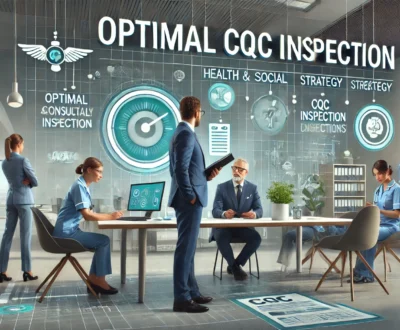In the UK, care homes play a vital role in providing support and care for people who need it. But it’s not just the frontline staff who make a difference. Managers are also key in ensuring that care homes run smoothly, and residents receive the best possible care. This blog will discuss why managerial support in care homes is so important, highlighting how it helps maintain high standards, keeps everything legal, and ensures residents are well looked after.
Managerial support is crucial in care homes for several reasons:
- Ensuring Quality of Care: Managers play a pivotal role in setting the tone for the level of care provided in the facility. They establish standards, protocols, and procedures that guide the staff in delivering high-quality care to residents. Managerial support ensures that these standards are maintained and continuously improved upon.
- Staff Morale and Retention: Supportive managers foster a positive work environment where staff feel valued, respected, and motivated. This, in turn, enhances staff morale and job satisfaction, leading to lower turnover rates. Continuity of care is essential in care homes, and consistent staffing contributes to better outcomes for residents.
- Training and Development: Managers are responsible for providing ongoing training and professional development opportunities for staff. This ensures that caregivers are equipped with the necessary skills and knowledge to meet the diverse needs of residents, including those with complex medical conditions or cognitive impairments.
- Problem Solving and Conflict Resolution: Issues and conflicts inevitably arise in any care setting. Effective managers possess strong communication and conflict resolution skills to address concerns and resolve disputes among staff members. Their ability to facilitate open dialogue and find solutions promotes a harmonious work environment.
- Compliance and Regulation: Care homes are subject to various regulations and standards set forth by government agencies and accrediting bodies. Managers are responsible for ensuring that the facility remains compliant with these regulations and follows best practices in all aspects of care delivery. Failure to meet regulatory requirements can result in penalties, fines, or even closure of the facility.
- Promoting Resident Well-being: Ultimately, the primary focus of managerial support in care homes is to promote the well-being and quality of life of residents. Managers oversee the implementation of individualised care plans, monitor residents’ health and safety, and collaborate with families and healthcare professionals to address their needs effectively.
In summary, managerial support is essential in care homes to maintain high standards of care, support staff members, adhere to regulatory requirements, and prioritise the well-being of residents. Without effective leadership and support from management, the quality of care provided in these facilities may suffer, potentially compromising the health and safety of residents.
To discuss how Swift Management Services can help you with managerial support within your service, visit our website: www.swiftmanagement.org.uk or call 020 8087 2072 to speak to one of our experienced consultants.



